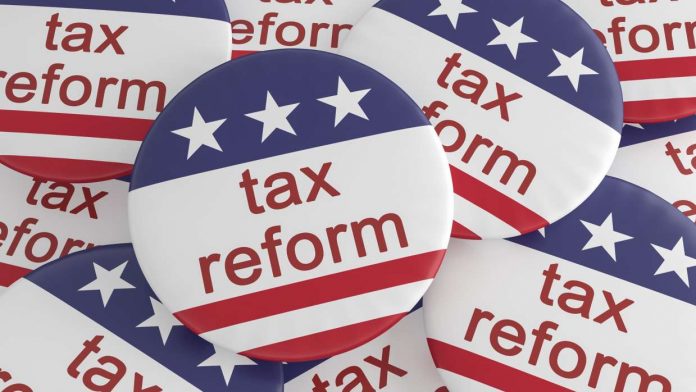With the introduction of the new tax laws by the Trump Administration, Americans must develop a financial game plan to ensure sound financial health in the coming year. Here are the most important areas to focus on:
Check Insurance Coverage
Insurance is the foundation for a good financial plan as it provides protection against catastrophic losses. A first step is to check that there is sufficient life insurance to cover essentials like kids’ education, mortgage payoff and living costs in the event of the death of the family’s breadwinner .
According to Carla Dearing, CEO and founder of Sum180, an online financial wellness company, a check must be done to ensure that the house, the car, health and life are adequately covered at regular intervals.
Steve Janachowski, CEO of Brouwer & Janachowski, a wealth management firm has suggested other basic checks such as:
- Presence of an updated Will and estate plan
- Proper beneficiaries are named for all important financial accounts
Review Tax Obligations And Plan
The new tax law has introduced several big changes such as removal of deductions of related to mortgage and changes to local taxes, increasing the uncertainty regarding payable taxes for everybody.
Paul Jacobs, chief investment officer at Palisades Hudson Financial Group noted that it was important for everyone to understand “what the new tax bill means to you.” Taxpayers must analyse afresh on how best to take advantage of the benefits being afforded under the new rules, and minimize financial damage.
For instance homeowners in areas where housing is expensive and taxes are higher, may need to examine their real estate holdings after the loss of key deductions under the new tax regime. Others living in high-cost states who may be approaching retirement, or may be looking for a new job could explore moving to a lower-cost state.
Other simpler measures could be to reduce the money being withheld from your pay check for taxes, or increasing the withholding if taxes are going up. It would also be financially wise to shift some of the tax windfall coming in towards the retirement savings, or college savings .
Peter Mallouk, chief investment officer at Creative Planning has advised saving the extra money “before you get used to spending it”.
Maximise Use of 401(K) Accounts
Since employer-paid pensions will no longer be the major source of retirement income, personal savings accounts like 401(k)s and IRAs will need an annual review to check that they are building wealth efficiently.
With the number of deductions reduced, the 401(k) has become an important vehicle for sheltering income from taxes. Janachowski has advised that investors should “try to max out their 401(k),” calling it “a no brainer.”
Scott Kubie, chief investment officer at Carson Group, pointed out that since many Americans have a part of their retirement savings invested into the stock market it would be ideal to ensure now that the investment is appropriately diversified and not too risky. He has urged investors to evaluate their portfolio and rebalance to reduce risk.
One way is to sell well-performing assets and redirect the money into other investments . Else they can invest a greater proportion back into instruments that used to represent a bigger slice of the overall investment pie. Another option is to invest into overseas stock markets, Kubie said
Review Home Affordability
With the number of deductions available to homeowners reducing, housing is no longer as financially friendly to homeowners, particularly to those living in high-cost, high-tax states.
According to Janachowski it is a good time for homeowners to review now if the house they own or the second home they are intending to buy is still affordable. In his opinion, owning a house may become harder with the government not “subsidizing it as much”.
He also added that while the change may not affect decisions to buy a home or not since it not considered as only an investment, it might hit the second home market and keep people from moving to bigger houses.



